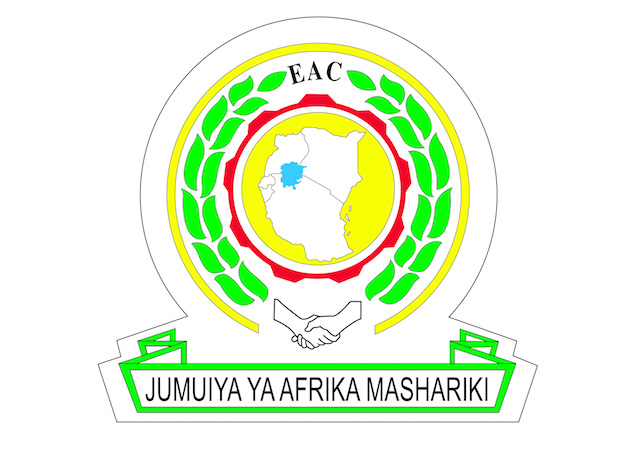
The 2nd Annual East African Court of Justice Judicial Conference is set for 26th- 28th October 2022 in Kampala, Uganda.
The Judicial Conference under the theme, Transforming Access to Justice in the East African Community is expected to be graced by His Excellency Yoweri Kaguta Museveni, the President of the Republic of Uganda.
The overall objective of the Conference is to stimulate high-level conversations and discussions on emerging legal and judicial issues including, emerging jurisprudence, issues affecting Courts and Court users and provide a platform for information sharing among judges, judicial officers and legal practitioners and other Court users in the region.
A keynote address on “Shaping East Africa Through Advancing Access to Justice” shall be delivered by Prof. Frederick Ssempebwa, and shall form the basis for the Panel Discussion of the Chief Justices from the EAC Partner States.
The 2nd Annual EACJ Judicial Conference is expected to draw participants from the seven (7) East African Community (EAC) Partner States who shall include Chief Justices, Ministers of Justice, Attorneys General, Ministers in charge of EAC Affairs, Judges from regional and national courts, Heads of EAC Organs and Institutions, Members of Parliament, legal practitioners, members of the academia, representatives of civil society organisations, representatives of the private sector and the media.
Following the conclusion of the conference, the East African Court of Justice shall hold its annual rotational court sessions during the month of November at the Commercial Court of Uganda premises in Kampala.
During the 2nd Judicial Conference, a number of topics will be discussed, namely:
• One Court, mixed Systems: The East African Court of Justice as a Regional Court that encompasses the Common Law and Civil Law systems
• The Role of National and Regional Courts in Bridging the Access to Justice Gap for Cross-Border Trade Disputes
• Access to Justice and Equality before the Law: Removing Barriers at National and Regional Courts
• The Internet as an Enabler of Freedom of Expression and Public Debate: Implications for The Rule of Law
• Alternative Dispute Resolution: Realities, Deterring Factors and Solutions
• Modernization of Courts: Shared Experiences on the Digitisation of Courts
• Judicial Resource Limitations and the Effect on Judicial Efficiency: What Can Courts Do?
To mark the 20th Anniversary of the EACJ, the Court in 2021 launched the rotation of its November Court Sessions, with the 1st rotational session being held in Bujumbura, Burundi from 8th – 26th November, 2021.
The objective of rotating the Court’s November sessions is to bring the services of the Court closer to the people and to enhance the visibility of the Court as it undertakes its mandate of promoting access to justice by ensuring adherence to law in the interpretation and application and of compliance with the EAC Treaty. The Court through its mandate continues to settle disputes and develop key jurisprudence on matters of regional integration.
The Court mainly handles disputes arising from the violation of fundamental and operational principles that govern the achievement of the objectives of the Community by the EAC Partner States as enshrined in the Treaty under Articles 6 (d) and 7 (2). These principles include good governance, adherence to the principles of democracy, the rule of law, accountability, transparency, social justice, equal opportunities, gender equality as well as recognition, promotion and protection of human and people’s rights in accordance with the African charter on Human and Peoples’ rights.
The EACJ cannot undertake its mandate independent of Partner States’ support and collaboration and it’s in that regard that the President of the Court, Justice Nestor Kayobera has been engaging with senior government officials from the Ministry of EAC Affairs, the Judiciary as key stakeholders in the activities of the Court.
The East African Court of Justice (EACJ or ‘the Court’), is one of the organs of the East African Community established under Article 9 of the Treaty for the Establishment of the East African Community. Established in November 2001, the Court’s major responsibility is to ensure the adherence to law in the interpretation and application of and compliance with the EAC Treaty. Arusha is the temporary seat of the Court until the Summit determines its permanent seat. The Court’s sub-registries are located in the respective National Courts in the Partner States. (End)
